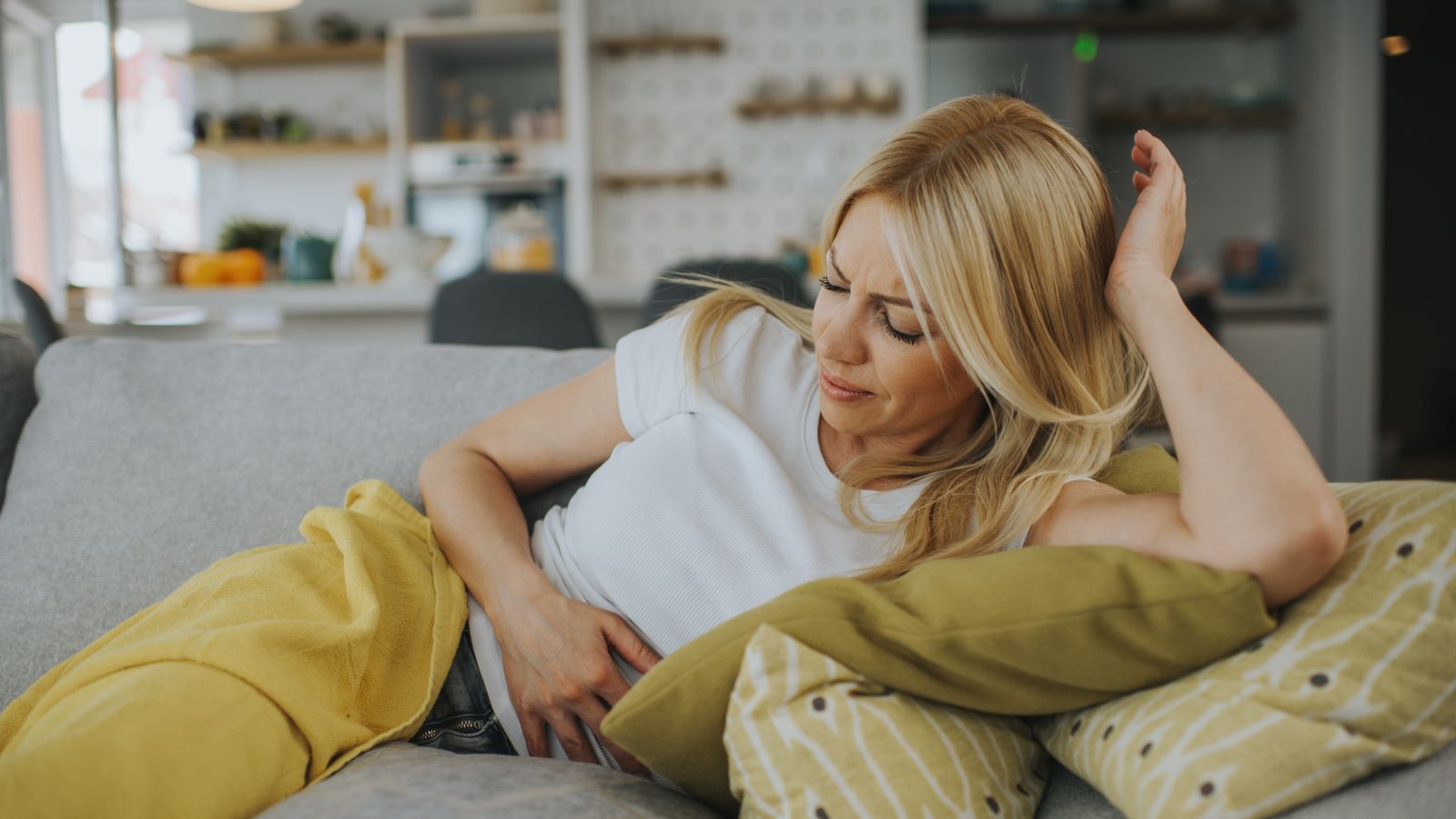<< Back
9 Common Causes of Constipation

January 11, 2024
It’s not pleasant to experience – or talk about – but constipation is one of the most common digestive issues.
But understanding what causes it and making a few lifestyle changes can ease constipation next time it strikes, says Dean Chang, MD, a gastroenterologist with the Hartford HealthCare Digestive Health Institute.
Here’s a refresher on what causes constipation and what you can do to treat it at home, or with the help of a doctor.
Here are 9 common causes of constipation.
Constipation is defined as having less than three bowel movements a week. It can leave you with lower abdominal pain and hard or small stools, Dr. Chang explains.
There are a lot of possible causes for constipation, but here are a few of the most common:
- Irritable bowel syndrome
- Prescription medications, including opiate pain medicine, anxiety medications (benzodiazepines)
- Over-the-counter medications, including Benadryl, Tylenol or Advil PM, Dimetapp, Dramamine, or Unisom
- Lack of physical activity. This is common in people on bed rest, or after orthopedic surgery, trauma or abdominal surgery involving general anesthesia.
- Nervous system disruptions like spinal cord injury, multiple sclerosis, Parkinson’s or Hirschsprung’s diseases.
- Pregnancy
- Anorexia
- Hypothyroidism
- Low potassium levels
And the most common cause?
“We call it ‘idiopathic,’ meaning there is no known cause,” Dr. Chang says.
> Related: What Your Poop Says About Your Health
3 ways to avoid constipation.
As frustrating as “no cause” may be, there are a few things you can do to prevent constipation.
“I suggest after meals people try to take advantage of the body’s gastrocolic reflex – the natural signal to the body to move things down in the digestive tract – and have a bowel movement then,” Dr. Chang says. “But, you can’t rush it. You must relax.”
His other tips are:
- Eat more fiber, drink more fluids. The recommended daily amount of dietary fiber is 20-35 grams.
- Increase physical activity.
- Talk with your provider about alternative medications if one leaves you constipated.
When it’s time to see a doctor.
Typically, constipation can be handled with these basic changes.
You can also try using over-the-counter treatments like bulk fiber (Metamucil, Citrucel, psyllium) or stool softeners (Colace, Miralax, Benefiber). But long-term use of laxatives isn’t advised unless a doctor recommends it.
However, Dr. Chang suggests calling your primary care provider if:
- Constipation is new to you.
- Constipation gets chronic, bothersome, doesn’t respond to simple measures or interferes with your life.
- There are other symptoms like rectal bleeding, abdominal pain, unintentional weight loss, diarrhea, anemia, nausea and vomiting, or change in stool shape.
- There’s a family history of colon cancer or inflammatory bowel disease (Crohn’s disease or ulcerative colitis).
- You need to help ease the stool out, something he says is common for elderly women.